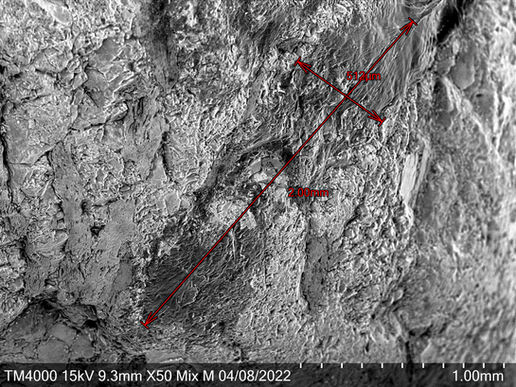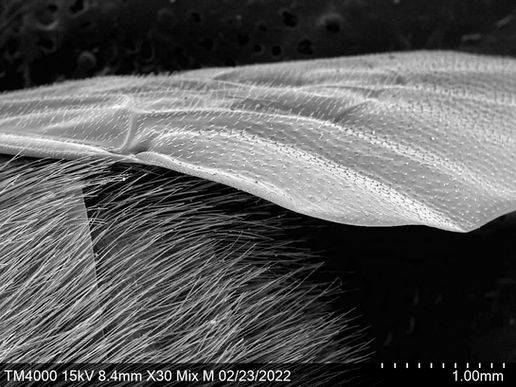
GIVING YOUNG SCIENTISTS A PLATFORM
TO TELL THEIR STORY

Let's Science That was designed to showcase the talents of our young scientists.
-Dr Rebecca Grella, CEO FERN
Educator/Scientist Brentwood Union Free School District

Let's Science That is a series of student-driven podcasts on topics of emerging relevance. The podcasts are the result of student-driven research.
-Jaquelyn Medwig, Teacher,
Brentwood Union Free School District

Let's Science That is a student-driven exploration of emerging scientific concepts. From Podcasts to artwork these young scientists are showcasing their talents.
-Kristina Terrana, Dean,
Brentwood Union Free School District


TINY BUT MIGHTY
"Tiny but Mighty" is a Brentwood student-produced podcast that offers a unique, behind-the-scenes look into an intensive two-week summer research bootcamp. Over the course of the series, listeners will follow a cohort of ambitious students as they are challenged to develop and execute their own research projects from the ground up.Under the expert guidance of educators Jannine Corso and Suzie Wood, these students grapple with advanced scientific concepts, learn to navigate the frustrations of experimental design, and ultimately, experience the thrill of discovery.


Scanning Electron Microscopy
Seeing is Believing
Through the Hitachi Inspire the Next Program, Brentwood students have been utilizing SEM in their environmental research projects. Student research focus has been surrounding the question of: "How increased nitrogen loading impacts coastal wetlands". Students are investigating how ribbed mussels and salt marsh grasses are impacted by increased nitrogen. Below are images collected on the TM4000 SEM.
Getting Closer: Bridging the Gap from the Salt Marsh to the Classroom Research Lab SEM Program
• Teachers and students will assess the efficacy of salt marsh restoration on the roots and shoots of
Spartina alterniflora.
• Teachers and students will assess the shell structure of the salt marsh ribbed mussel, Geukensia
demissa.
• Teachers and students will develop polymer that will help bind marsh substrate during restoration
efforts.
• Teachers and students will assess the effect of ocean acidification on the mud snail (Illynassa
obsoleta) teeth.
• Students will utilize SEM for
student-driven research projects.
• Student science buddies will
work to engage elementary students in
the SEM discovery process
PODCAST HIGHLIGHT
Suffolk County Unveils 'significant' $4B plan to address nitrogen pollution
LST Josh and Juan speak with Deputy County Executive Scully and Engineer John Cameron about the Wastewater plan to eliminate more than a quarter of a million cesspools countywide. Scientific data suggests that nitrogen pollution is the main driver behind harmful algal blooms and threatens Long Island's drinking supply.




















